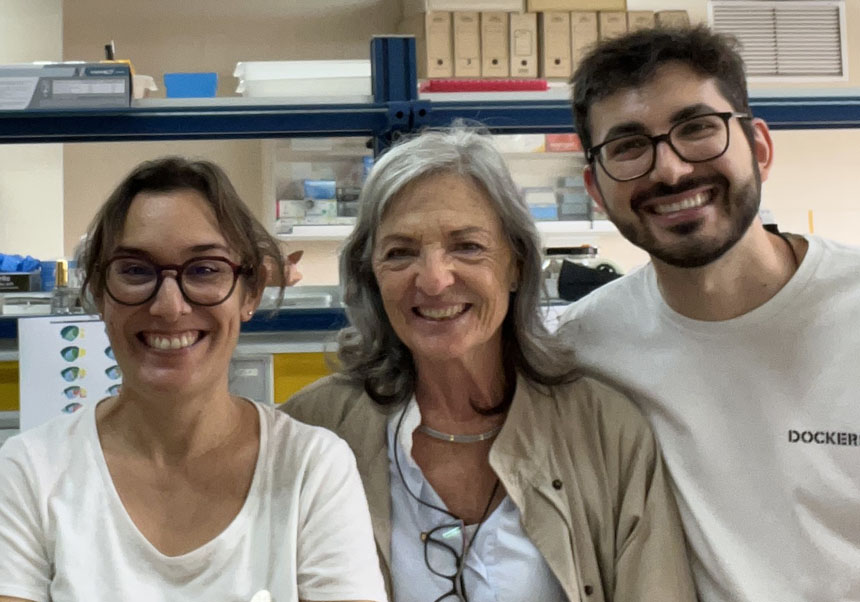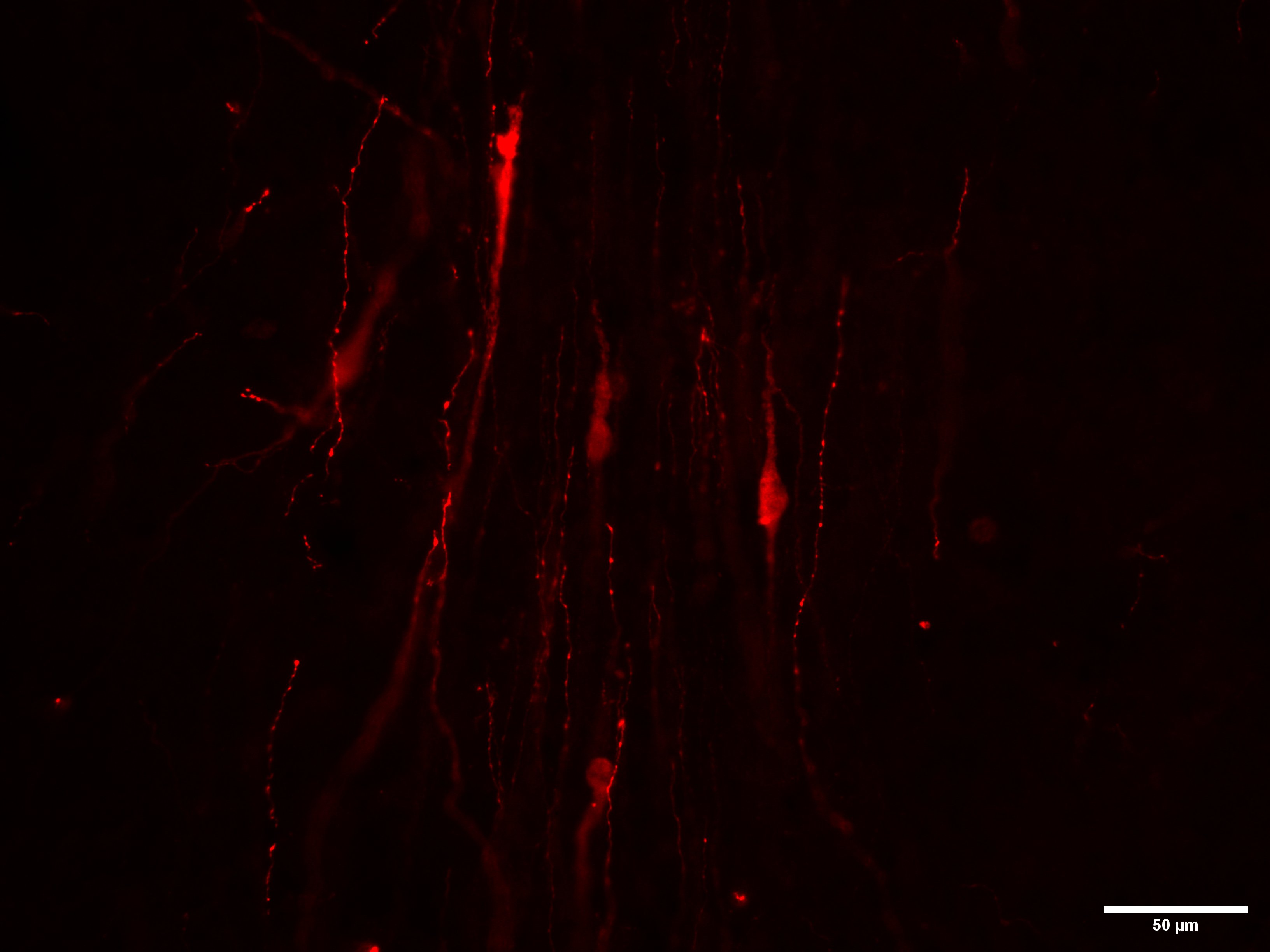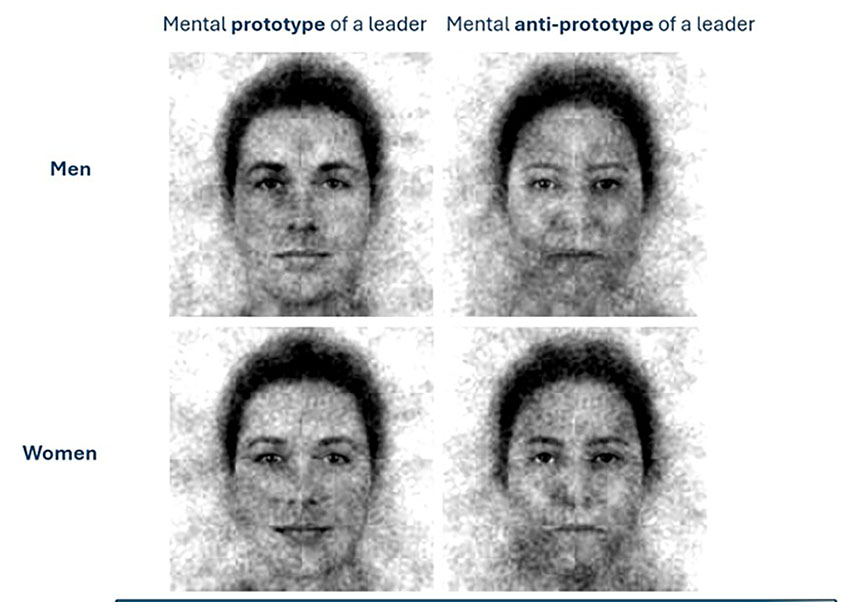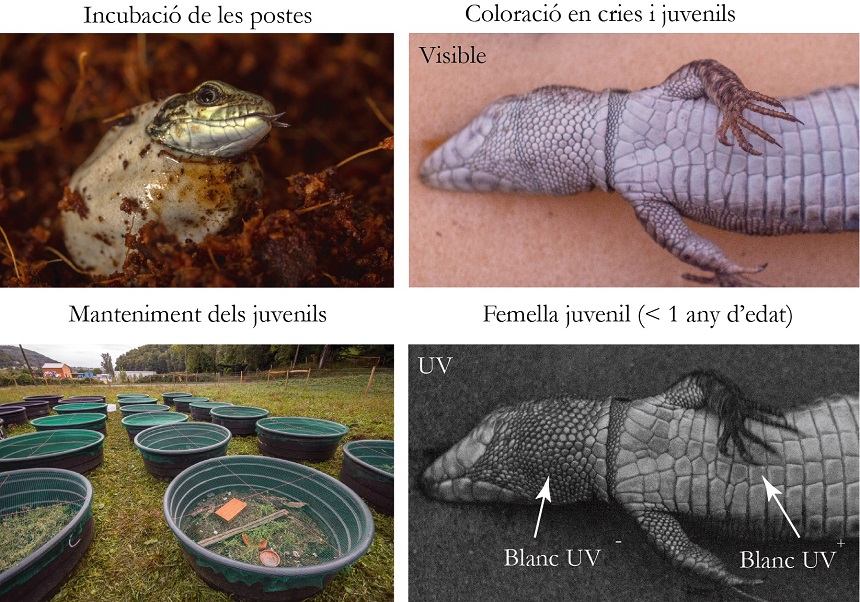Investigating the link between neurodevelopmental disorders and disorders of puberty
- Scientific Culture and Innovation Unit
- October 25th, 2024

A study by the University of Valencia, Queen Mary University of London and Barts Health NHS Trust in London has delved into the shared biological causes between many neurodevelopmental disorders — such as Down syndrome, fragile X syndrome and Rett syndrome— and disorders of puberty. Published in Annals of the New York Academy of Sciences, the research team hopes that the findings may suggest new therapeutic approaches for these conditions.
Many genetic neurodevelopmental disorders are known to cause intellectual disability, autism or epilepsy. Less well known is that many of these conditions are also linked to neuroendocrine disorders that can influence the onset and progression of puberty. “While there have been various isolated cases describing the occurrence of neurological development disorders alongside early or delayed puberty, the link between these conditions remains underexplored, and the biological mechanisms underlying them are not fully understood”, explains Carmen Agustín Pavón, lecturer in the Department of Cell Biology, Functional Biology and Physical Anthropology of the University of Valencia (UV).
The study, led by Carmen Agustín and paediatric endocrinologist Sasha R. Howard (Centre for Endocrinology, William Harvey Research Institute, Queen Mary University of Londonand Barts Health NHS Trust, London), has compiled data on the broad range of neurodevelopmental disorders associated with disorders of puberty, and emphasises the importance of closely monitoring puberty and reproductive function in patients with neurodevelopmental disorders and vice versa.
The study—also contributed to by María José Lorente, UV lecturer in the Department of Cell Biology, Functional Biology and Physical Anthropology, and Alexandru Vasile, a recent UV master’s graduate from the Faculty of Biological Sciences—suggests that examining the overlap of these conditions could offer insight into underlying disease mechanisms and open new therapeutic avenues for affected individuals.“It is very interesting that certain gene variants initially thought to be non-pathological, like the MECP2 gene—the loss of function of which causes Rett syndrome—can lead to alterations in puberty in a neurotypical population”, Agustín continues.
“In our laboratories, we’re carrying out a project aimed at understanding the possible neuroendocrine causes of pubertal alterations using a Mecp2-deficient mouse model, which we have been studying as a model for Rett syndrome for several years”, explains Carmen Agustín. This project is funded by the Rett Syndrome Research Fund (FinRett), an initiative supported by the Spanish and Catalan Rett Syndrome associations.
The study suggests that understanding the endocrine alterations in Rett syndrome—a rare neurological disorder that affects mainly girls, causing motor and intellectual disabilities, loss of speech and epilepsy, among other symptoms—may pave the way for new hormone replacement therapies to alleviate the symptoms of this severe condition.
Article reference: Read JE, Vasile-Tudorache A, Newsome A, Lorente MJ, Agustín Pavón C, Howard SR.Disorders of puberty and neurodevelopment: A shared etiology? Ann N Y. 2024 Oct 21. doi: 10.1111/nyas.15246. Epub ahead of print. PMID: 39431640.
Annex photo caption:
- GnRH neurons that Carmen Agustín's team is exploring as a therapeutic target.



















